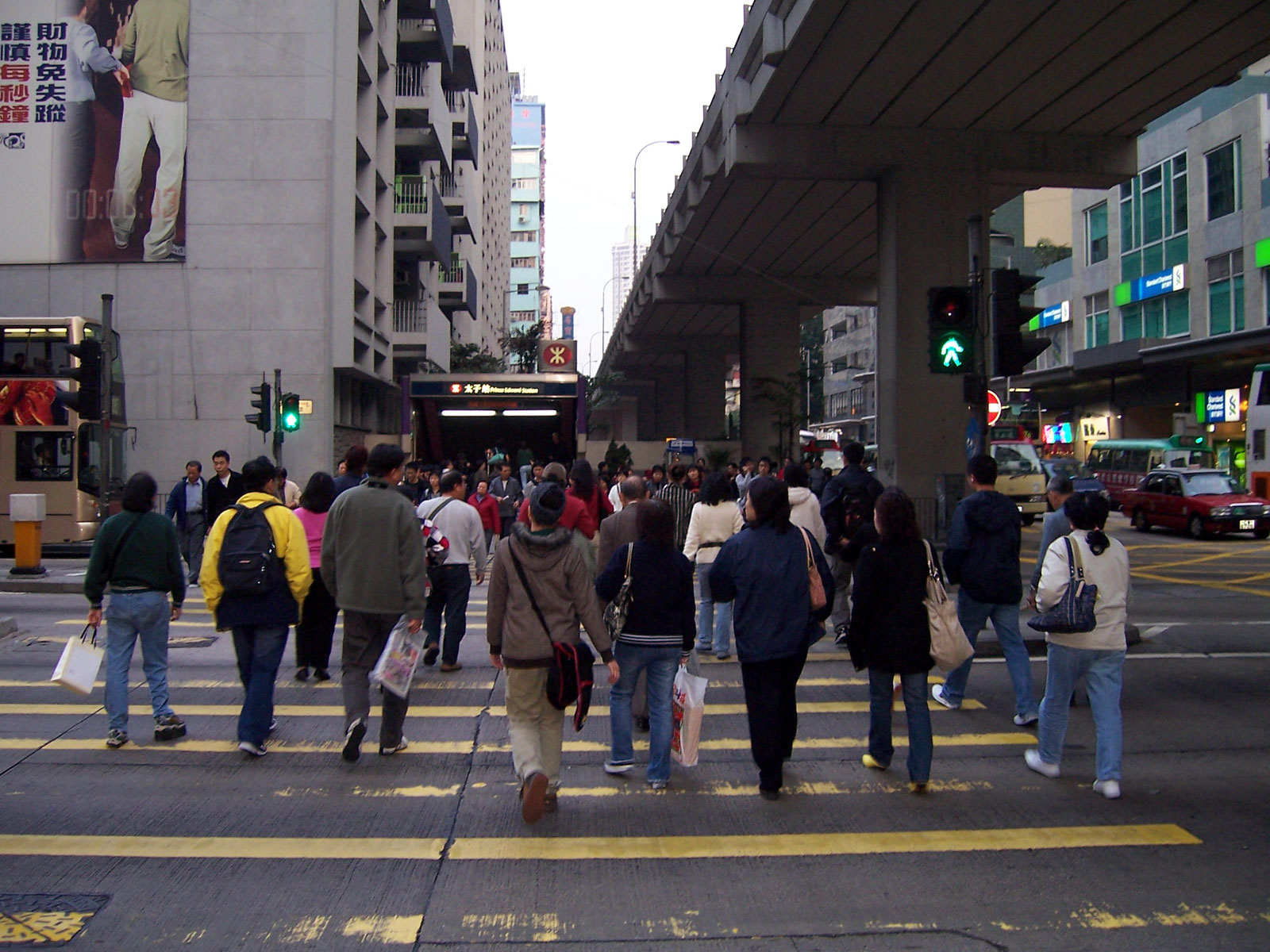Last week, Tyler Cowen wrote that Los Angeles is the best city in the world based on several factors, including that it's one of the best cities for walking. While he makes the valid point that LA's beautiful weather gives it an advantage over many other American cities with good walking … [Read more...]
Potential for Voluntary Infrastructure
Last fall I visited Budapest and learned some interesting history of the city's beautiful Chain Bridge. Before 1849, the small cities of Buda and Pest were connected by a temporary bridge that was only viable during warm months. In the winter, the bridge had to be taken down due to ice, making it … [Read more...]
The Use of Knowledge in Urban Development
This post was written for an essay contest on the question "What would Hayek say today?" Hayek and other Austrian economists demonstrated that government ownership of the means of production is a sure route to poverty, but today, central planning remains the norm in one crucial area: cities. In the … [Read more...]
The Value of Walkability
Last week DC Streetsblog reported on a new survey from Kaiser Permanente. The survey covers Americans' attitudes toward walking and their self-reported walking habits. While a substantial majority of people believe that walking has health benefits ranging from weight management to alleviating … [Read more...]
Book Review: Perverse Cities by Pamela Blais
In her new book Perverse Cities: Hidden Subsidies, Wonky Policy, and Urban Sprawl, Pamela Blais explores the impact of flat-rate fees for development charges and network services like sewer, water, and cable. She explains in detail how these little-discussed policies play an important role … [Read more...]
Local Greenhouse Gas Rules Likely to Backfire
Next week the Cambridge City Council will consider a petition to require new or newly renovated buildings of 25,000 square feet or more to be net-zero emissions. Under the rule, any energy that buildings use beyond what they produce must be sourced from approved, renewable energy sources. While … [Read more...]
Why the Left and the Right Should Join Forces against Eminent Domain
The destruction of inner cities at the hands of bureaucrats wielding eminent domain has been well documented by urban theorists from Jane Jacobs to Richard Epstein. As Ilya Somin points out, eminent domain has played an important role in destroying property in Detroit, contributing to its population … [Read more...]
Chapter 9 Links
1) Ed Glaeser writes at the Boston Globe on Detroit, "Sensible people don’t incur debts during their peak earning years and then expect to pay the bills when their income starts to fall. Detroit did just that. Detroit’s debt overhang doesn’t just impose overly high costs on the city’s now modest tax … [Read more...]
- « Previous Page
- 1
- …
- 5
- 6
- 7
- 8
- 9
- …
- 20
- Next Page »


